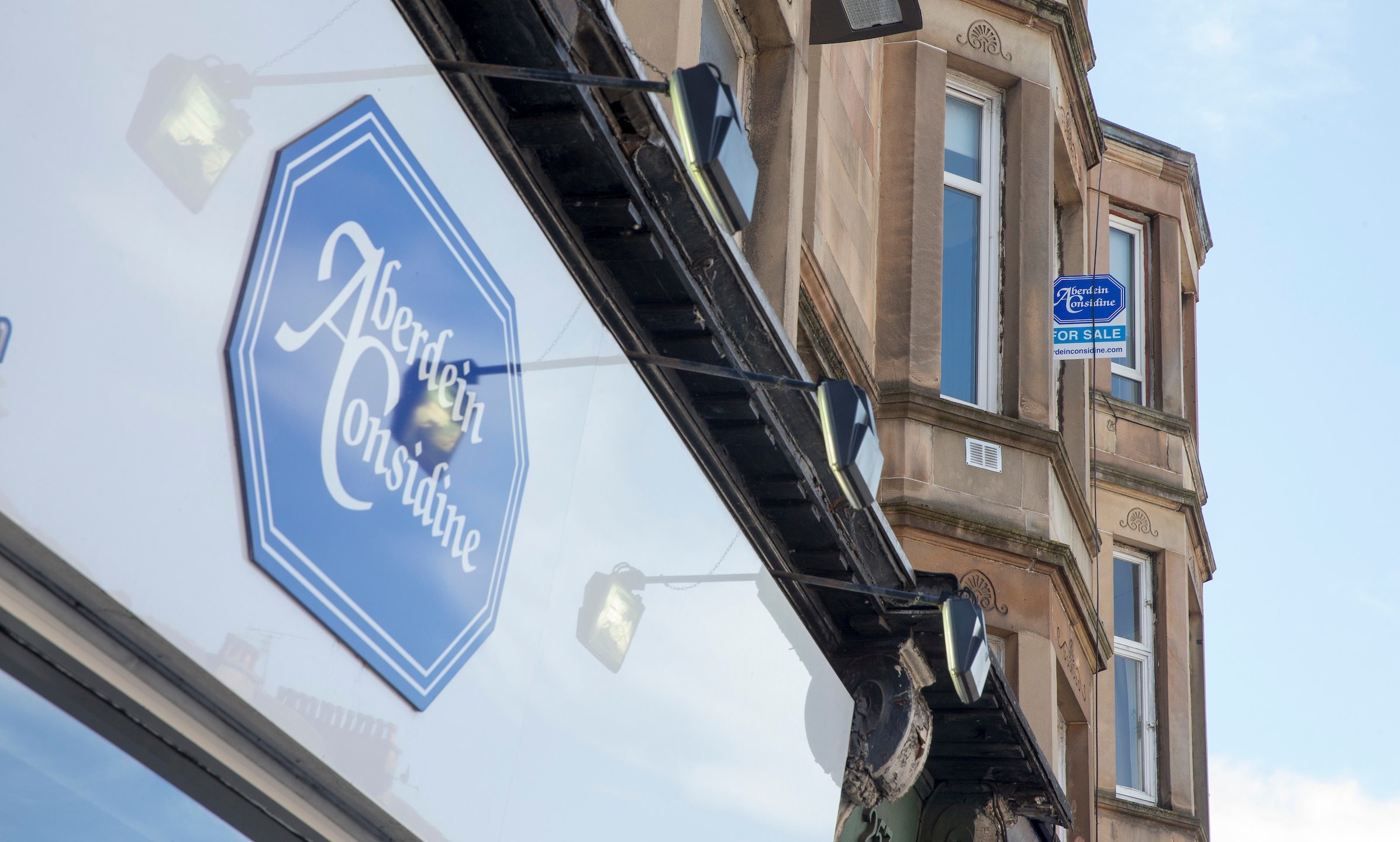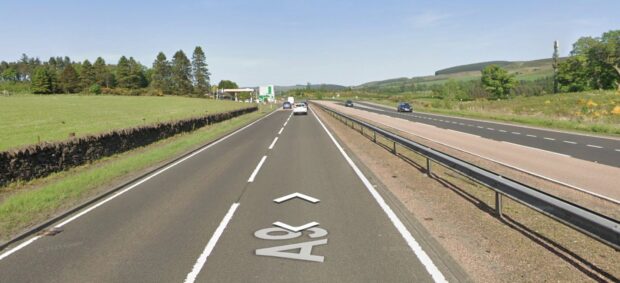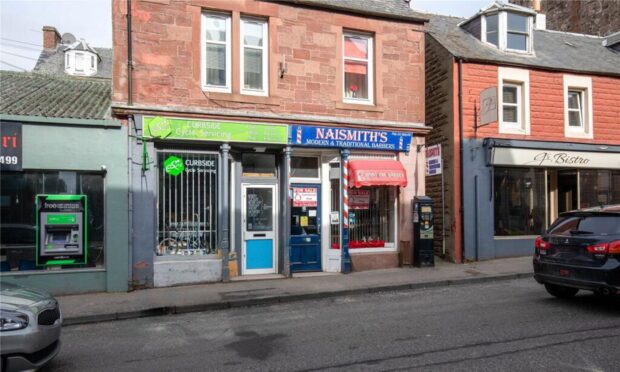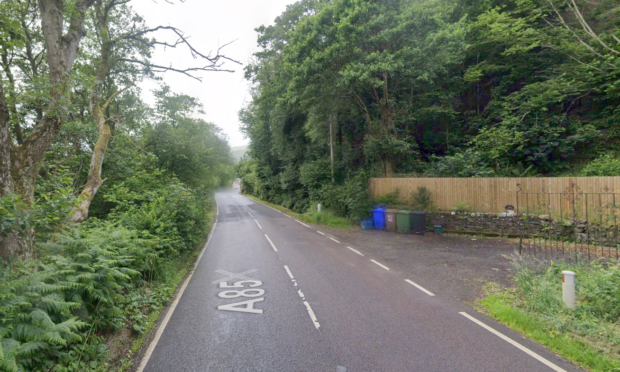Properties across Perth changed hands for nearly £600 million last year, a new survey has revealed.
The total is a rise of more than 6% on 2016’s figures.
According to latest research from leading estate and letting agent Aberdein Considine, sales in Perth hit £597 million for the whole of last year, compared to £560 million in 2016.
Sale values in the last three months of 2017 alone were almost £158 million.
The price of homes rose throughout the year, with the average property selling for £191,832 in the final quarter, about £4,000 up on the first three months of the year.
The results from the firm’s Property Monitor also revealed that property markets in other parts of Tayside remained resilient during 2017.
Dundee enjoyed sales of £100 million in the final quarter of the year, the
first time the city achieved this figure in 2017. The average price of a home in Dundee hit £143,096 in the final quarter, compared to £126,440 at the start of the year.
The latest research also indicated recent policy changes from both the UK and Scottish Governments are beginning to weaken the property market by driving landlords out.
Research carried out by Aberdein Considine found that almost two thirds of homeowners have been put off investing in a second home due to the new 3% levy introduced by the Scottish Government.
The additional tax – together with the staged withdrawal of relief on mortgage payments by Westminster – has been blamed for starving the sector of new landlords and pushing many to offload stock.
Aberdein Considine said the changes have weakened demand for homes in some parts of Scotland by flooding the market with stock.
The quarterly Property Monitor, the most detailed analysis of Scotland’s housing market, confirmed sales fell in 17 of Scotland’s 32 local authority areas during the last quarter of 2017.
Jacqueline Law, Managing Partner at Aberdein Considine, said a perfect storm of tax and legislation changes has left many landlords running for cover.
“There has been a significant change in the Scottish property market in the last six months and it is gathering pace,”
she said.
“By targeting landlords, politicians north and south of the border are squeezing one of the biggest and most powerful buying forces out of the Scottish property market, which is already affecting sales in certain areas.”
She said: “In the central belt, there is enough pent up demand for owner-occupiers to cope with any extra stock coming to the market, so prices are still inflating at pace in places like Edinburgh and Glasgow.
“However, there are other parts of the country where an overprovision of stock could weigh down property values – creating a great market for first-time buyers but really tough conditions for homeowners looking to sell.”
Edinburgh retained its position as Scotland’s most valuable property market, with transactions topping £800 million during the quarter, up 3.2% on last year.










